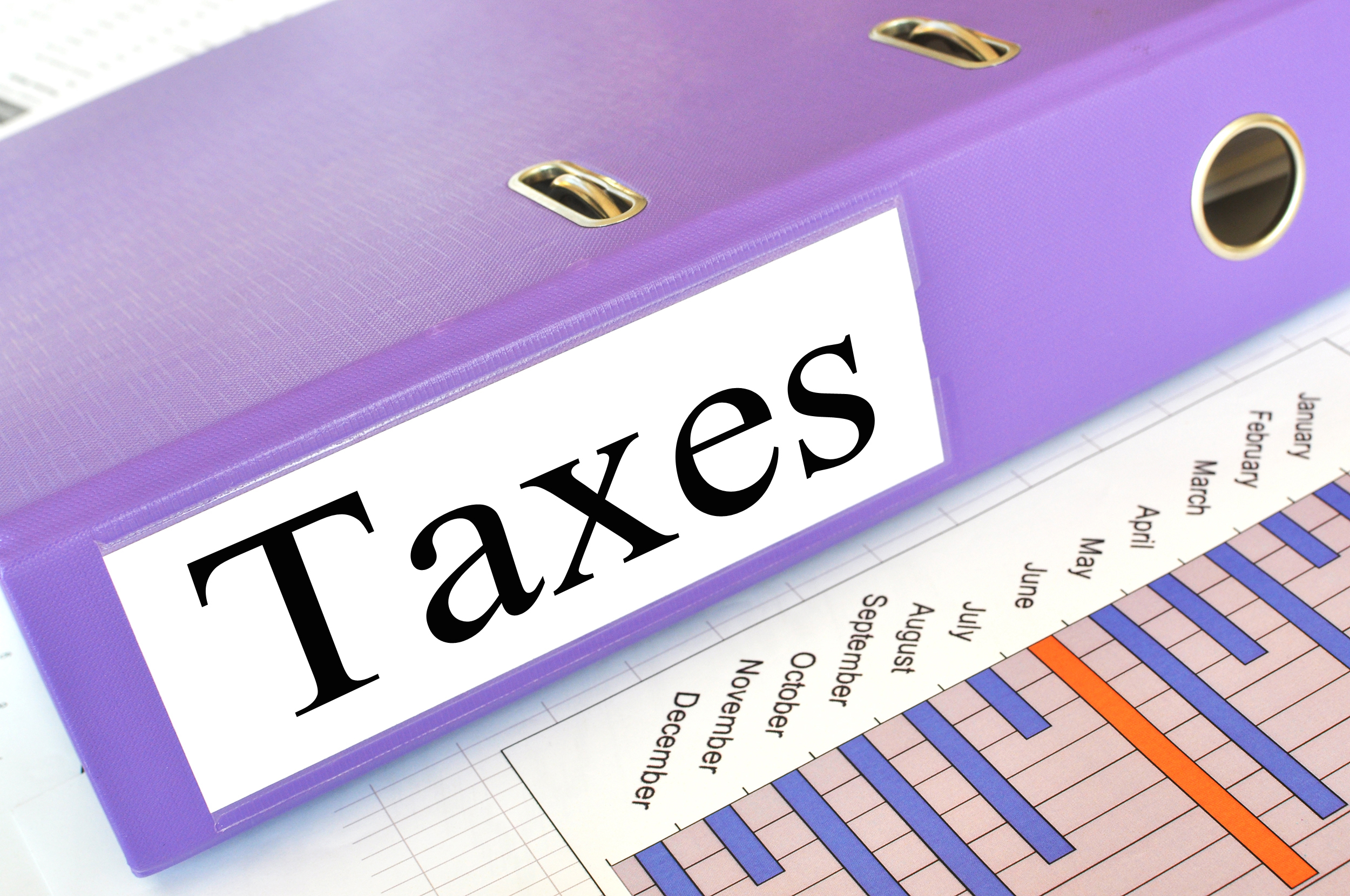Household Bills
Inheritance tax reclaims set to jump ‒ how to make a claim

The number of people reclaiming overpaid inheritance tax is likely to jump next year.
That’s according to NFU Mutual, which argued there is likely to be a wave of reclaims in 2022 if house price predictions are correct.
Everyone enjoys a nil-rate band ‒ effectively how much their estate can be worth after they die before inheritance tax is charged ‒ which currently stands at £325,000 for individuals and £650,000 for couples.
In addition there is a residence nil-rate band, allowing you to hand over your property to your loved ones free of tax. The residence nil-rate band stands at £175,000.
Inheritance tax is charged at 40% on assets held above those nil rate bands, but you are able to reclaim some of the tax paid should the value of the property fall within four years of death.
And that’s where this spike in reclaims is likely to come from, in the view of NFU Mutual, which cited documents from the Office of Budget Responsibility last week which forecast house prices will rise by 5.7% this year before dropping by 1.7% in 2022.

Wellness and wellbeing holidays: Travel insurance is essential for your peace of mind
Out of the pandemic lockdowns, there’s a greater emphasis on wellbeing and wellness, with
Sponsored by Post Office
Sean McCann, chartered financial planner at NFU Mutual, said: “If house prices do go down next year, this could create a wave of families reclaiming overpaid inheritance tax on property.”
“Families are becoming increasingly aware they can reclaim overpaid inheritance tax, and in 2020 the number who did reached a six-year peak.”
The prediction follows the Chancellor’s decision in the Budget to freeze the inheritance tax nil-rate bands for the next five years. Critics have warned that this is likely to mean more people end up having to pay the tax, with the freeze forecast to raise a whopping £985m over that period.
How do I reclaim overpaid inheritance tax?
You can put in a claim for what’s called inheritance tax loss relief should the sale of listed shares and unit trusts or land and property raise less than expected, but there are different time limits in place for each.
With shares and other investments, it needs to be for sales which take place within 12 months of death and you have five years in order to make the claim. With property however, you can claim for sales that take place within four years of the death, and you have seven years in which to make the claim.
It’s important to note that HM Revenue & Customs doesn’t come forward to warn you that you may have paid too much tax ‒ instead it’s up to you to raise your case with the taxman.
To reclaim that overpaid tax, you will need to fill out an IHT38 form. You can download a copy from the government’s website.
To submit this form, you will need to be classed as an ‘appropriate person’. That means that you were liable for the inheritance tax paid on the property, so covers the executors, administrators, trustees or donees.
What’s more, you can’t withdraw a claim once it’s been made so if it turns out that you actually should have paid more tax, you could end up with an even bigger tax bill rather than getting some cash back.